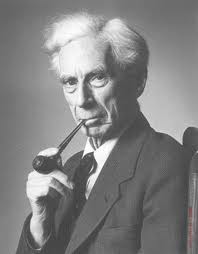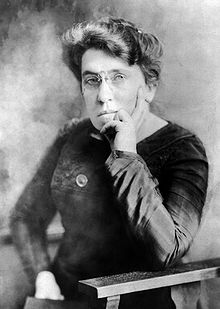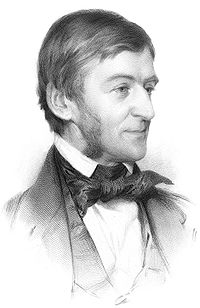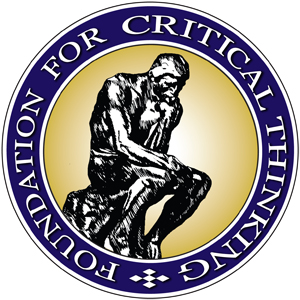-Ralph Waldo Emerson
One of the most powerful ways to educate yourself, to open your mind to alternative ways of experiencing the world, and thus to counteract the influence of social conditioning and the mass media, is to read backwards—to read books printed 10 years ago, 20 years ago, 50 years ago, 100 years ago, 200 years ago, 500 years ago, 1,000 years ago, even 2,000 years ago and more.
When you do so, you can step outside the presuppositions and ideologies of the present day and develop an informed world perspective.
When you read only in the present, no matter how extensively, you are apt to absorb widely shared misconceptions taught and believed today as the truth. The following is a sampling of authors whose writings will enable you to rethink the present, to reshape and expand your worldview.
______________________________________________________________________________________________________________________
Insightful Authors Through the Ages -
When you read backwards, you will come to understand some of the stereotypes and misconceptions of the present. You will develop a better sense of what is universal and what is relative, what is essential and what is arbitrary.
Note: We recognize that this list of authors represents a decidedly Western worldview. We therefore recommend, once you have grounded yourself in deeply insightful authors from the Western world, that you then read works by the great Eastern authors.
Here are some authors we recommend:
- More than 2,000 years ago: Plato, Aristotle, Aeschylus, Aristophanes
- 1200s: Thomas Aquinas, Dante
- 1300s: Boccaccio, Chaucer
- 1400s: Erasmus, Francis Bacon
- 1500s: Machiavelli, Cellini, Cervantès, Montaigne
- 1600s: John Milton, Pascal, John Dryden, John Locke, Joseph Addison
- 1700s: Thomas Paine, Thomas Jefferson, Adam Smith, Benjamin Franklin, Alexander Pope, Edmund Burke, Edward Gibbon, Samuel Johnson, Goethe, Rousseau, William Blake
- 1800s: Jane Austen, Charles Dickens, Emile Zola, Balzac, Dostoyevsky, Sigmund Freud, Karl Marx, Charles Darwin, John Henry Newman, John Stuart Mill, Leo Tolstoy, the Brontes, Frank Norris, Thomas Hardy, Emile Durkheim, Edmond Rostand, Oscar Wilde
- 1900s: Ambrose Bierce, Gustavus Myers, H.L. Mencken, William Graham Sumner, W.H. Auden, Bertolt Brecht, Joseph Conrad, Max Weber, Aldous Huxley, Franz Kafka, Sinclair Lewis, Henry James, Jean-Paul Sartre, Virginia Woolf, William Appleman Williams, Arnold Toynbee, C. Wright Mills, Albert Camus, Willa Cather, Bertrand Russell, Karl Mannheim, Thomas Mann, Albert Einstein, Simone De Beauvoir, Winston Churchill, William J. Lederer, Vance Packard, Eric Hoffer, Erving Goffman, Philip Agee, John Steinbeck, Ludwig Wittgenstein, William Faulkner, Talcott Parsons, Jean Piaget, Lester Thurow, Robert Reich, Robert Heilbroner, Noam Chomsky, Jacques Barzun, Ralph Nader, Margaret Mead, Bronislaw Malinowski, Karl Popper, Robert Merton, Peter Berger, Milton Friedman, J. Bronowski
______________________________________________________________________________________________________________________
Classic books available online -
Russell, Bertrand Arthur William 3rd, 1872-1970
______________________________________________________________________________________________________________________
Goldman, Emma, 1869-1940
______________________________________________________________________________________________________________________
Freud, Sigmund, 1856-1939 . . .
The Center for Critical Thinking Community Online is the world’s leading online community dedicated to teaching and advancing critical thinking. Featuring the world's largest library of critical thinking articles, videos, and books, as well as learning activities, study groups, and a social media component, this interactive learning platform is essential to anyone dedicated to developing as an effective reasoner in the classroom, in the professions, in business and government, and throughout personal life.
Join the community and learn explicit tools of critical thinking.










